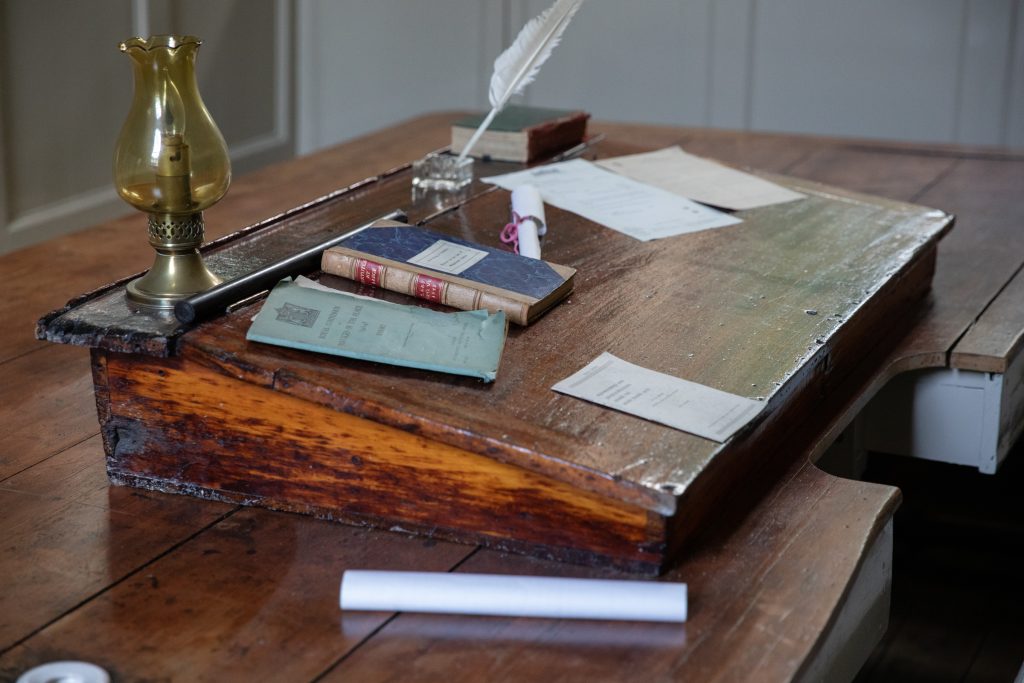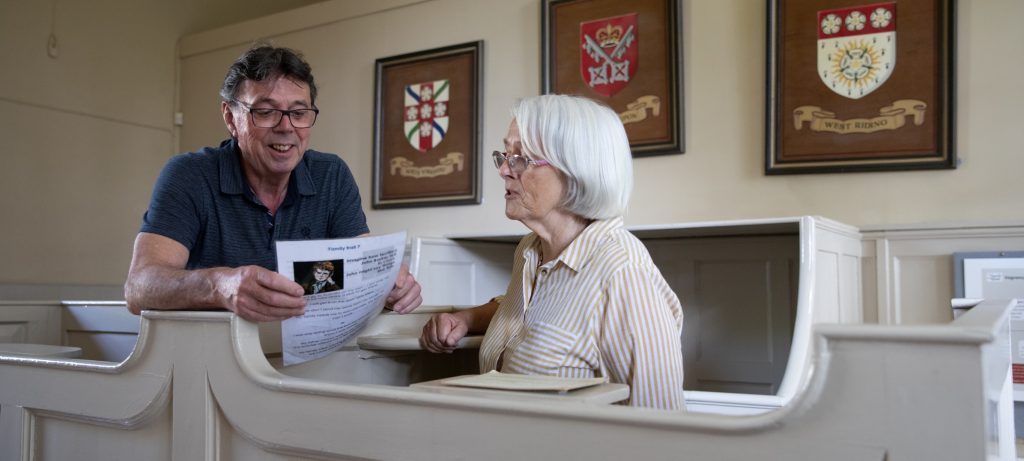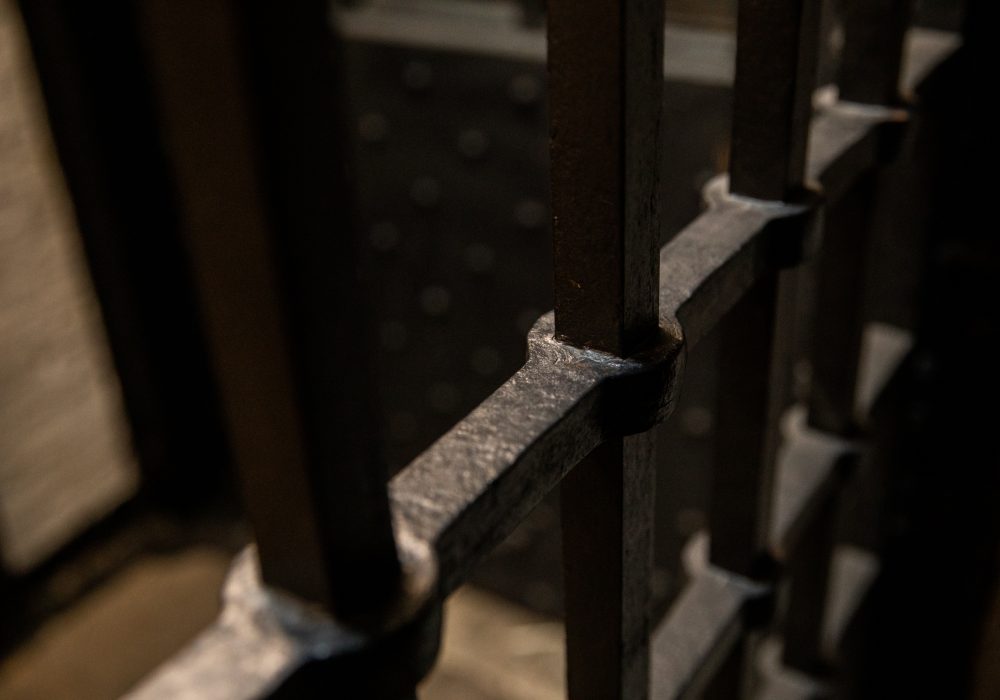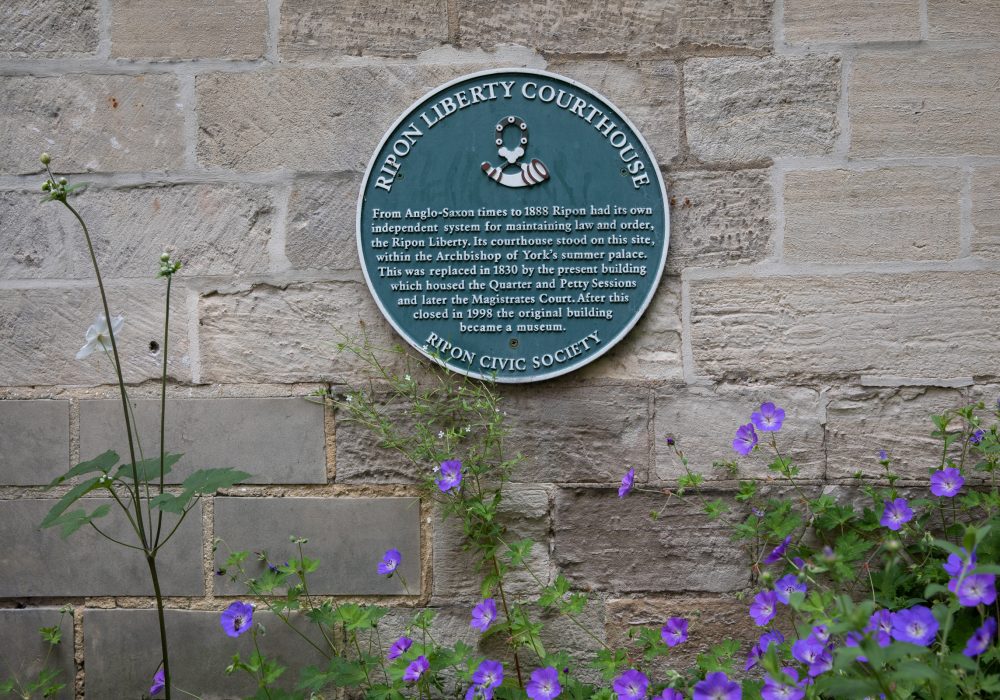
Between 1788 and 1868, over 160,000 men, women and children were transported from Britain to Australia. British convicts had been transported to America from the 1600s, but the outbreak of the War of Independence in 1776 brought this to an end.
The court in Ripon sentenced many people to transportation to Australia between 1830 and 1868. This sentence was used for those guilty of previous crimes or who had committed ‘felonies’ such as theft or serious assault.
Those sentenced would have to wait for a place on a ship, which would take many months to reach Australia. This time did not count towards their sentence.

In 1833, John Barker was sentenced at Ripon Courthouse. His punishment was to be transported to Australia for seven years. He was found guilty of the theft of three hams to the value of 10 shillings.
You can read more about some of the people sentenced to transportation at the Courthouse Museum.
Once in Australia, those transported would work under a ‘master’, but were able to save money to buy their passage home once the sentence had been completed. They could also work in exchange for passage, but few people did.
However, there are records showing that some people with connections to Ripon returned after transportation to Australia. Rosanna Duffey died in Ripon Workhouse in 1881 at the age of 75. Her first husband, Robert Calder, was transported to Australia but escaped and returned home. He was later caught and transported for a second time. You can read more about Rosanna and Robert here.
Notorious local poachers Elisha and John Sinkler were both sentenced to transportation, but later returned home after completing their sentences. You can read their story here.
After the Penal Servitude Act of 1857 was passed, the use of transportation as a punishment declined. The last convicts arrived in Western Australia in 1868.

